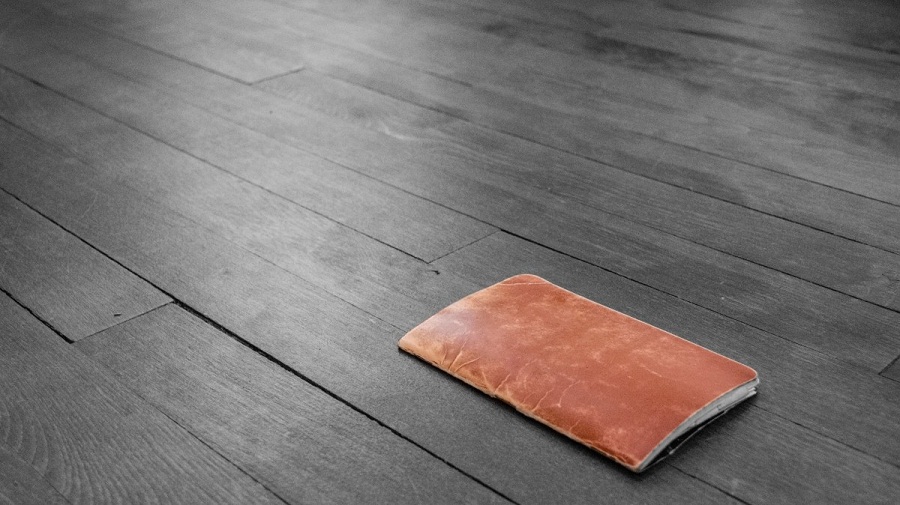It’s 2021 and it’s time to rejuvenate your floors! There are a bunch of options when it comes to flooring materials. Out of all of them, vinyl flooring can be an attractive choice. After World War II, this material made a huge impact on the architectural world. Nowadays, it is commonly used as bathroom and kitchen tiling.
Vinyl material has numerous characteristics that make it a versatile option among homeowners. This is thanks to the advances that have taken place over the years. Despite it being a popular tiling option, there are some disadvantages in using it.
Before making a decision, it’s important to weigh the pros and cons of vinyl flooring.
Pros:
- Stain resistant:
Vinyl material has clear wear properties that act as an protective exterior against stains and spills. Because of this, vinyl is often very easy to clean and maintain. You can remove spills and stains from your floors just with damp mopping.
Therefore, with these floorings, you don’t need to worry about children or pets ruining the surface of your tiling. The protective layer will do most of the job for you.
- Comfort to the feet:
Unlike other flooring options, vinyl’s surface temperature won’t drop too low. This makes it a great option for those who have to go barefoot around the house. During the winter, vinyl flooring can feel warmer than other harder surfaces like ceramic and stone floorings.
Additionally, vinyl has a softer feel than hardwood or ceramic flooring. This makes it a comfortable option for those who have to stand for long periods of time. If you have children at home, then this is a great option. Your flooring will act as extra cushioning for your toddlers.
- Durable material:
When it comes to durability, vinyl is unbeatable. If you properly install and maintain them, then they can stay with you for 10-20 years. This advantage makes it a great flooring option for any house. Unlike laminate flooring, vinyl is good for high-traffic areas, areas that are constantly affected by spills and dirty shoes.
- Less maintenance:
With toddlers and pets, it can become difficult to maintain your floors. But with vinyl flooring, you don’t need to worry about it because it needs less care. You can easily clean the dirt and dust by sweeping and mopping. These two simple steps will get you a shiny and clean floor in no time.
- Easy installation:
Though the installation process of vinyl varies depending on the type, it can still be a good DIY process. You don’t require proper measurements or precise cuts to fit it on your floors correctly. Even a DIY amateur can dive into the vinyl flooring installation process.
If you lack the time or interest, then you can call a professional to do it for you. Since the process is so simple, it likely won’t cost you much to hire a specialist.
- Range of options:
When people talk about vinyl floors, most of the homeowners consider it as retro. However, with plenty of advances in the color and design collection, vinyl has improved a lot aesthetically.
With vinyl, you’ve got a range of textures and patterns like ceramic and timber flooring. Even better, you can get these designs at a lesser cost than the real material. With vinyl, you can get the best of both worlds.
Cons:
- Color fading:
Though vinyl material is protected against stains and spills, it is highly susceptible to discoloration. Generally, this will happen when it comes in contact with rubber. Additionally, the color can fade when it gets exposed to the sun for too long. That’s one of the reasons it’s not recommended for outdoor areas.
- Tough to remove:
Vinyl is easy to install, however, it can be tough to remove. Once the adhesive hardens, the vinyl planks can be difficult to pull off.
Luckily, there are techniques that you can use to remove it properly. Like with it’s installation, you can also undertake the removal process yourself without any professional tools or techniques. DIY kits usually come with instructions. But, if for some reason it doesn't, you can always research the process online.
- Can be punctured easily:
Because it’s a softer material, it can be damaged easily by heavy furniture legs or sharp objects like knives. Unfortunately, when vinyl gets scratched or dented, chances are the only option left is replacing the damaged plank.
- Sub-floor damage:
When you install the vinyl, it's important to have a perfect, smooth, and flat sub-surface. Because the material is so soft, a tiny bump beneath it will deform the surface. Additionally, the trapped debris can cause damage over time, causing rips and tears.
- Tough to repair:
If vinyl floors are damaged due to scratches or stains, you can either replace it or cover the damaged area with a patch. Both have disadvantages. Replacing a plank can be difficult as the hardened adhesive clings to the subfloor. On the other hand, the patch will be water-permeable due to its seams. So, though patch can help you hide the damage, you will still need to maintain it.
Also read here to know: Interior wall materials and their pros and cons.
Is vinyl flooring right for your home?
Now that you’re acquainted with the pros and cons of vinyl material, you can make a more informed decision. Consider every pros and cons of vinyl and think about how it fits your needs and preference.







